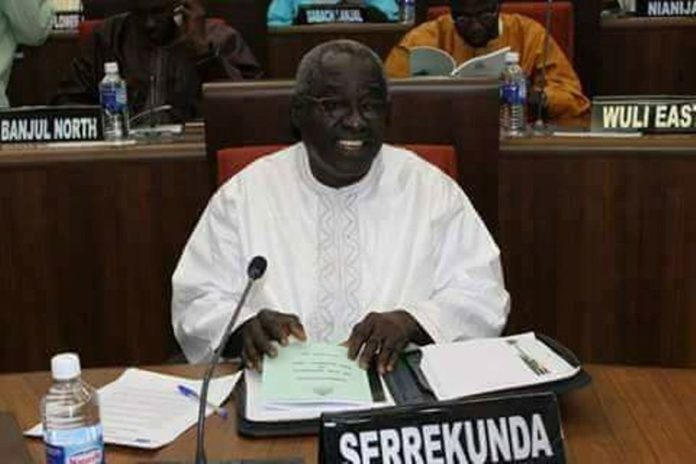QUESTION OF THE DAY
“It confirms all the more why all members of the National Assembly from the Speaker up to the clerks and members must master the standing orders. The incident gave bad publicity to a National Assembly where two international instruments brought for ratification by the Ministry of Foreign Affairs were rejected for inadequacies by member s of the National Assembly without any regard to party affiliation of the members,” said Halifa.
“In fact, another text of an agreement had to be brought back for ratification confirming that the wrong agreement was first brought. Could you imagine what would have happened if the National Assembly behaved like a rubber stamp and ratified the wrong one only for the right one to be brought in the future with the acknowledgement that a mistake was made?” asked Halifa.
“After the incident, two bills were referred for further scrutiny by the Public Accounts Committee. This is what is expected of an oversight institution. This should be the focus. The incident was a storm in a tea cup. I will wait until the records are published then I will prove how standing order 36 was being violated which caused me to stand on my feet but did not want to embarrass the Minster by calling for him to comply with the provision and stop deliberating on a matter which was already decided by the national assembly against the standing orders. Although I do not hold that by exchanging words with another member and ignoring the call of the Speaker for order to warrant disciplinary action I could have done better to prevent the type of impasse which overshadowed the accomplishments of the session. I regret my part and I hope others will also regret theirs so that the work of the National Assembly will never be imperilled again,” concluded Halifa.
Foroyaa will talk to the Speaker, the Majority Leader, the Minority Leader, the Minister and other stakeholders like the Independent NAMs on the incident and how to avoid it.




















